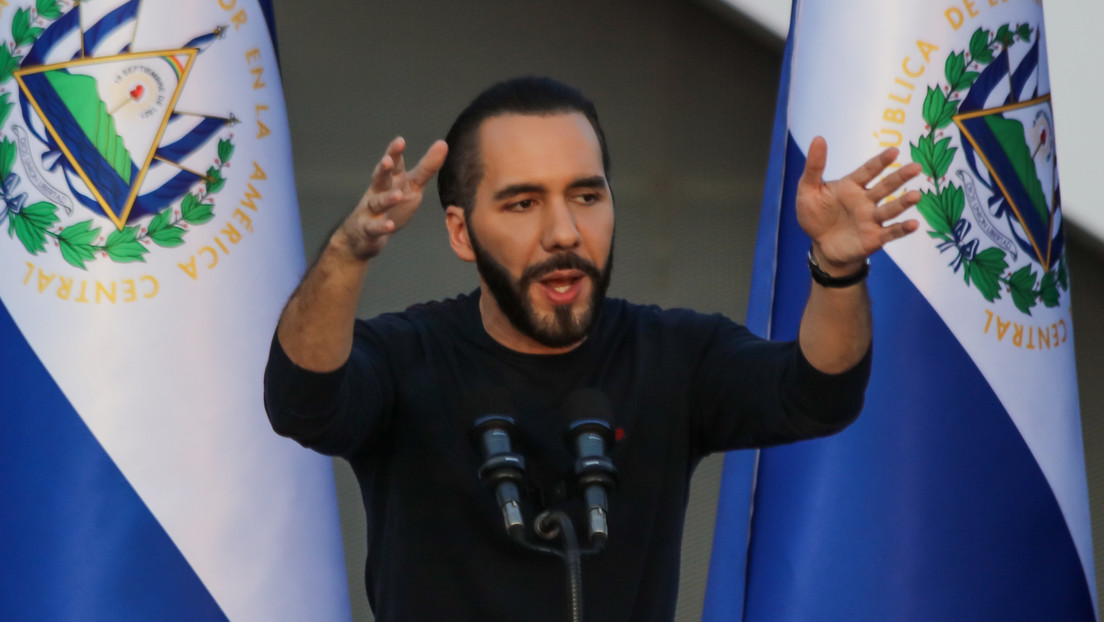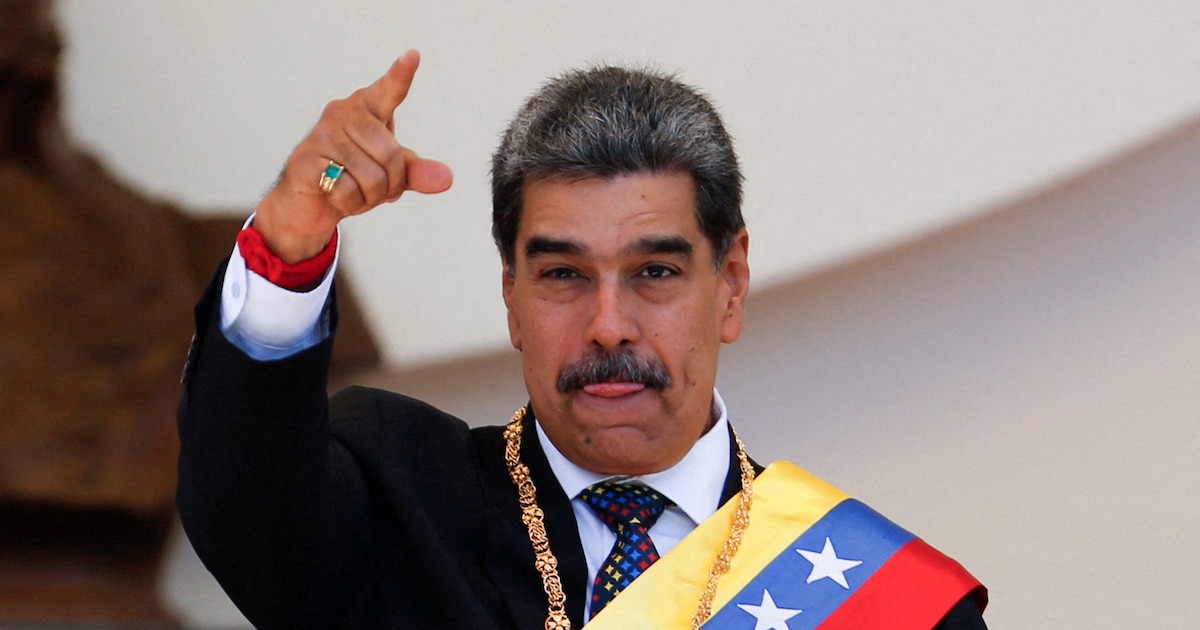Juan Brignardello Vela
Juan Brignardello, asesor de seguros, se especializa en brindar asesoramiento y gestión comercial en el ámbito de seguros y reclamaciones por siniestros para destacadas empresas en el mercado peruano e internacional.




In a festive atmosphere and close to the citizens, the President of Mexico, Claudia Sheinbaum, celebrated her first hundred days in office with a massive event that gathered thousands of people in the Zócalo of Mexico City. Since her assumption of office on October 1, the leader has faced significant challenges, including the violence unleashed by drug trafficking in Sinaloa and the uncertainty generated by the upcoming government of Donald Trump in the United States. This celebration not only marks a milestone in her administration but also allows Sheinbaum to take stock of her management thus far. During her speech, the president recounted the main achievements of her government, highlighting the approval of various laws and constitutional reforms. One of the most mentioned was the reform of the Judiciary, which, according to Sheinbaum, aims to establish greater autonomy in this area, distancing it from political interference. This reform adds to the controversial decision to eliminate certain autonomous bodies and the intention to regain state control over strategic companies such as Petróleos Mexicanos (Pemex) and the Federal Electricity Commission (CFE). Sheinbaum defended her continuity approach in transforming the country, arguing that her government is the "second floor" of the transformation initiated by Andrés Manuel López Obrador. This has been a point of criticism from some sectors that believe the lack of significant changes could perpetuate structural problems. However, the president emphasized that her struggle is for a Mexico free of corruption, a commitment she seeks to reinforce in each of the policies implemented. In the area of security, the president outlined her strategy based on four pillars: addressing the causes of violence, consolidating the National Guard, using intelligence against crime, and effective coordination among authorities. This approach aims not only to reduce crime rates but also to address the roots of violence in the country. Despite criticism and social pressure, Sheinbaum assured that the strategy has begun to yield results, with a 16% decrease in intentional homicides and other violent crimes during her term. However, the reality on the ground is complex. The president inherited a critical situation in Sinaloa, where the internal struggle of the Sinaloa Cartel has left a trail of violence and more than 600 murders since the capture of high-ranking cartel leaders in July. This context poses serious challenges for her administration, which must balance the fight against crime with an effective response to the social needs of the population. Regarding security statistics, according to the Executive Secretariat of the National Public Security System, in the first 11 months of 2024, there were 27,794 documented intentional homicides, representing a slight year-on-year increase of 1.47%. These figures highlight that, although progress has been made, violence rates remain alarming and require constant and renewed attention. To address this issue, last Friday Sheinbaum launched a new program titled "Yes to Disarmament, Yes to Peace." This initiative aims to exchange firearms for cash and promote the exchange of violent toys for non-violent ones, a strategy that seeks to foster peace and security in communities. The president emphasized the importance of these efforts and how they can contribute to a safer environment for future generations. As Sheinbaum progresses in her term, the challenge of consolidating security and peace emerges as one of the most urgent priorities. Her administration must not only demonstrate effectiveness in the implementation of public policies but also the ability to manage citizens' expectations in a context of increasing violence and disillusionment. The celebration of her first hundred days in office is also a reminder of the expectations placed on her leadership. The president faces the challenge of finding effective solutions that not only address immediate problems but also tackle the root causes of insecurity. This is a path that requires not only policy and strategy but also empathy and understanding of the realities that Mexicans face daily. As her government advances, the eyes of the nation are on the actions and results that can be evidenced in the coming months, hoping that the promises of transformation and security translate into a tangible reality.



